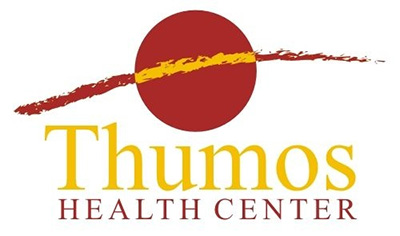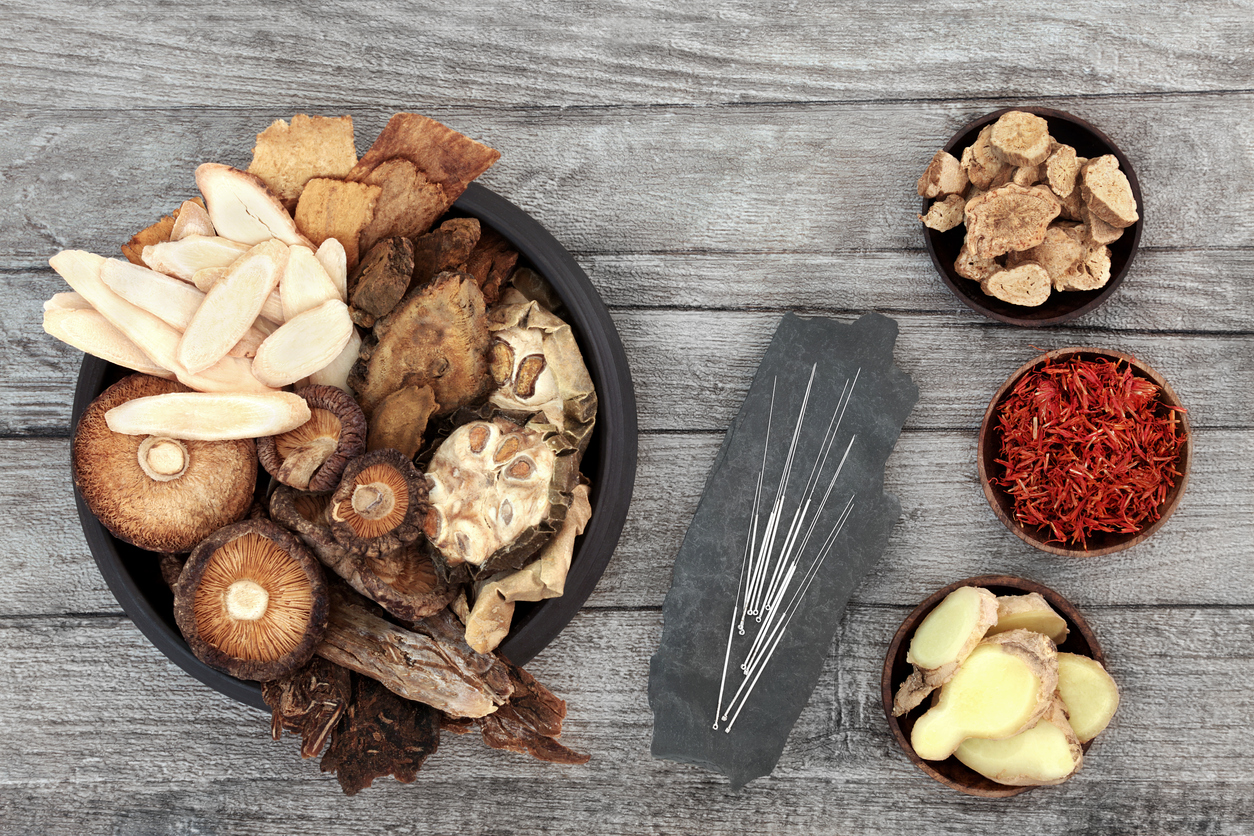by bryan
Share
by bryan
Share

If you choose to go for acupuncture, you might be surprised if your acupuncturist offers you Chinese herbal remedies. However, both acupuncture and herbal medicine are components of Traditional Chinese Medicine, also known as TCM. Many acupuncturists use different elements of this holistic, ancient system of healing to develop highly individualized treatment plans. Here is what you should know.
Traditional Chinese Medicine
Traditional Chinese Medicine originated in China many thousands of years ago. Rather than simply treating identified symptoms, TCM focuses on the whole person. Illness is viewed as a sign that the body and mind are out of balance, and the goal for treatment is to return the patient to homeostasis while kick-starting the natural healing abilities.
In Western countries, TCM is considered a complementary system of healing. Western physicians and TCM practitioners often work together on combined treatment plans. Never start a TCM protocol without the approval of your physician.
In addition to acupuncture and Chinese herbal medicine, nutrition and lifestyle changes are key components of TCM. Your practitioner will conduct a detailed assessment before designing an individualized path to wellness.
The Role of Chinese Herbal Medicine
In Traditional Chinese Medicine, herbal preparations are used instead of Western medications. Today, they are often prescribed as an adjunct to modern medicines. Because TCM focuses on balance and overall wellness, these remedies tend to focus on boosting the functioning of a specific part of the body such as the digestive system.
Like any medication, Chinese herbs can interact with a wide variety of prescription and over the counter remedies, as well as alcohol and recreational drugs. It is vital for you to provide your TCM practitioner with a full list of the medications and other substances you take, and to inform your Western doctor of any Chinese herbal remedies you use.
Nutrition, Supplements, and Lifestyle Changes
Traditional Chinese Medicine recognizes the effects of diet and lifestyle choices on your body’s functioning. Proper nutrition promotes health and vitality, while a poor diet will cause your body to perform sluggishly. Likewise, a good balance of mental activities, physical activities, and rest will boost your mental focus and physical stamina. Alcohol, nicotine, and caffeine deplete your physical and mental resources.
Your TCM practitioner will interview you about your current dietary habits and activities, and look for signs of poor nutrition or sluggish functioning. You will then receive personalized recommendations for improving your health, which may include dietary supplements if needed. Your practitioner will also assess your mental health, including stress levels and signs of depression, and make suggestions if appropriate.
Like anything else, Chinese herbal medicines are not right for everyone. With your Western doctor’s approval, though, these preparations can be an important component of an individualized treatment protocol designed to help you achieve maximum health and vitality.
Located in Pacific Palisades, with satellite clinics in Santa Monica, Sherman Oaks, and Beverly Hills, Thumos Health Center offers patients exceptional personalized care. If you are ready to take the first steps toward a more integrative approach to your health care, we invite you to phone 310-428-1215 to schedule an appointment at any of our Los Angeles locations. Our highly knowledgeable and friendly staff will be happy to answer any questions or concerns you might have.
For women, menopause can bring on a range of emotions. Some women are glad to be done with their monthly cycle, and other women mourn the loss of their fertility.
Your tongue is an incredible medical tool, and learning how to read it isn’t as difficult as you might think. Tongue diagnosis can be traced back to China in the
Have you heard of holistic medicine? Some would say holistic medicine has changed their lives. Others are still skeptical about its effectiveness. What exactly is holistic medicine?




